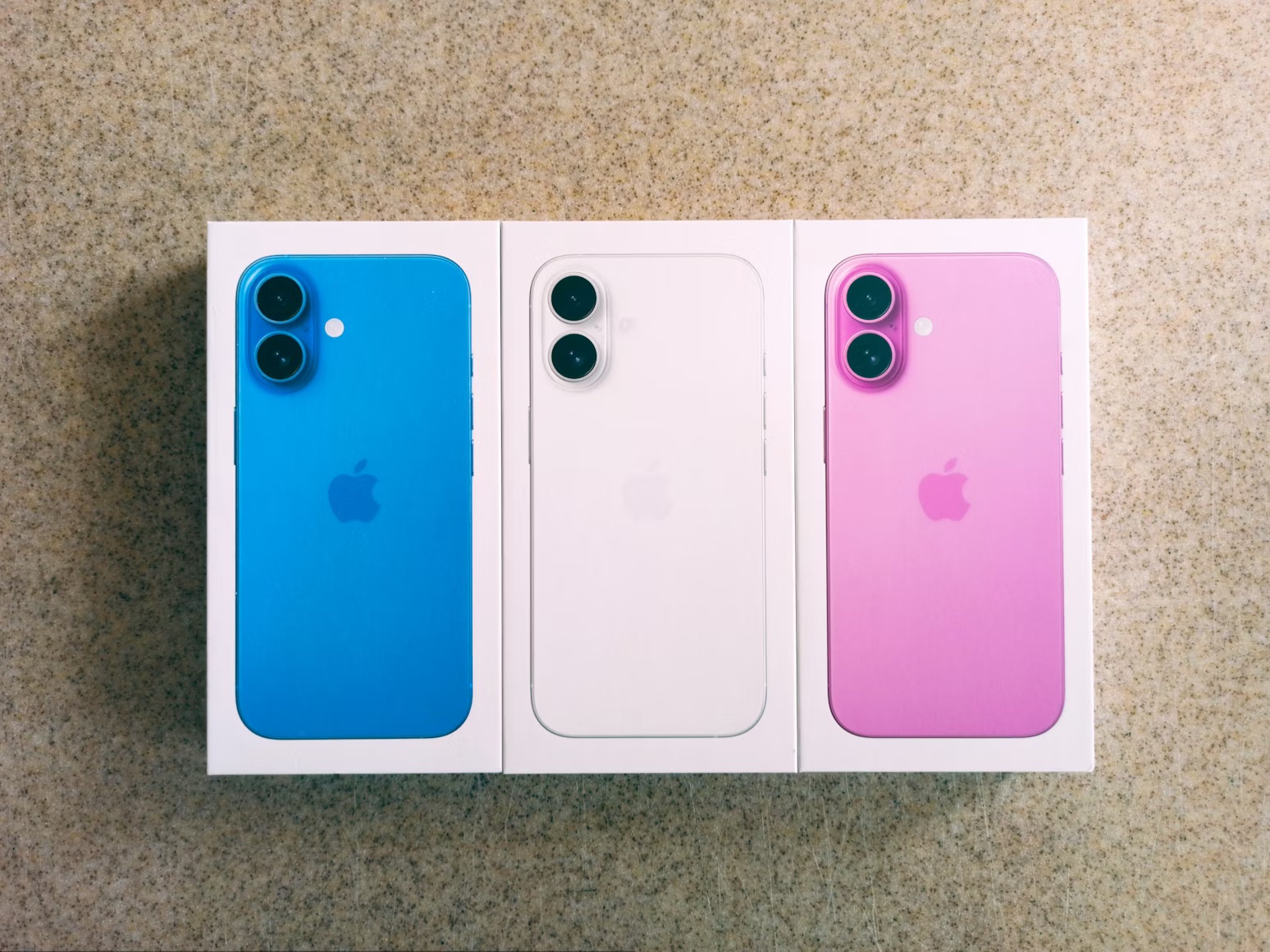
The White House has turned its attention to India’s purchases of Russian oil, warning of new tariffs if the practice continues. Treasury Secretary Scott Bessent said Tuesday that India could face “secondary tariffs” for buying sanctioned Russian oil, accusing the country of “profiteering” by reselling it during the Ukraine war.
President Donald Trump has already increased tariffs on India to 50% earlier this month. He warned in July that additional tariffs of “about 100%” could be imposed on Russia’s trading partners if no peace deal is reached with Ukraine by September.
Apple’s Boost in Indian Manufacturing
As political pressure mounts, Apple has reportedly expanded production at five factories in India ahead of its iPhone 17 launch. According to Bloomberg, the expansion includes facilities run by Tata Group and contract manufacturer Foxconn Technology. Apple is also preparing to produce a new iPhone 17e in India starting next year.
The company has not responded to requests for comment.
Shifting Away From China
Apple’s move to build more in India reflects its broader strategy to diversify manufacturing beyond China, where trade tensions have posed risks in recent years. Research firm Canalys reported in May that iPhone shipments from India to the U.S. rose 76% as restrictions loomed.
At the same time, Apple continues to invest heavily in the U.S. The company has committed more than $600 billion over the next four years toward strengthening American manufacturing, including a $100 billion spending expansion this month. That package includes a $2.5 billion investment to boost glass production by longtime supplier Corning.
Apple’s U.S. investments may give it some protection from the White House’s tariff threats tied to India’s oil dealings, though the situation remains fluid.
What The Author Thinks
Apple’s decision to grow in India while pouring hundreds of billions into U.S. manufacturing is a smart hedge. It keeps the company on Washington’s good side while still tapping India’s growing role in global supply chains. The danger is that Apple could get caught between politics and production, and if tariffs expand, it might be forced to absorb costs or pass them to customers. For now, Apple seems to be spreading its bets wisely, but the risk of disruption remains high.
Featured image credit: Rashed Paykary via Unsplash
For more stories like it, click the +Follow button at the top of this page to follow us.
